Artists speak out against Israel's war on Gaza
From Hollywood stars to British musicians, voices of resistance grow louder against Israel
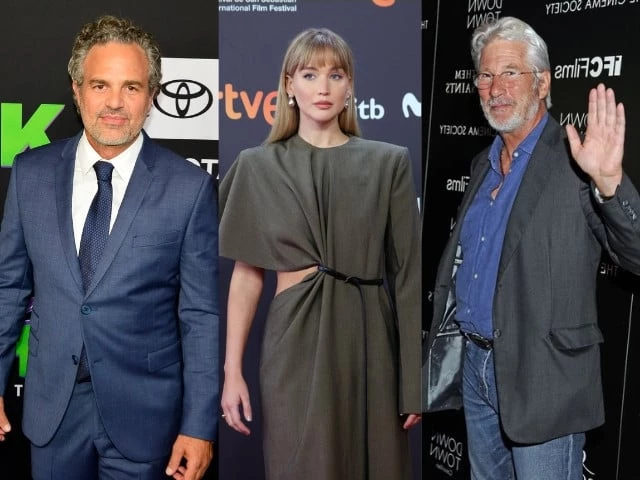
As the war in Gaza is entering its third year, the global cultural stage is no longer silent. From red carpets to concert halls, a diverse range of actors, musicians, and writers are speaking out, framing Israel's bombardment and blockade not only as a humanitarian crisis but as a test of conscience for the international community.
Oscar-winning American actor Jennifer Lawrence is among the latest high-profile figures to join the chorus. At Spain's San Sebastian Film Festival, the Silver Linings Playbook star minced no words.
"What's happening is no less than a genocide, and it's unacceptable," Lawrence, 35, told reporters when asked about Gaza. She linked the devastation abroad to political dysfunction at home. "For our children, it's going to be totally normal that politics has no integrity."
She warned about the "normalisation of lies" in US politics and the risks of desensitisation for the next generation. Politicians lie, there's no empathyand everybody needs to remember that when you ignore what's happening on one side of the world, it won't be long until it's on your side as well."
The mother of two framed her remarks in deeply personal terms, saying she was "terrified" for the future. "I'm terrified for my children, for all of our children."
British actress Emma Watson has also re-emerged as a prominent critic. Best known as Hermione Granger in the Harry Potter series, Watson recalled in a podcast how she was labelled "anti-Semitic" after expressing solidarity with Palestinians in 2022.The accusation, she said, was intended to silence debate. "Speaking for humanity was linked to hate. Calling me anti-Jewish was actually a way to discourage people from condemning terrorism or the genocide in Palestine."
Watson emphasised the human toll: more than 50,000 Palestinians killed, including 17,000 children. "That should alarm the entire world," she said. "Anti-Semitism and speaking against Palestinian genocide are two separate issues, and humanity demands that both be addressed openly."
Beyond Hollywood, musicians are mobilising through performance and protest. Earlier this month, British artist Brian Eno staged a pro-Palestine concert at London's Wembley Arena. The event featured Richard Gere, Paul Weller, Damon Albarn, Portishead, Riz Ahmed and others.
The concert aimed to raise funds for humanitarian groups working in support of the people of Gaza. For Eno and contemporaries such as Roger Waters and Annie Lennox, support for Palestinian rights has long been part of their artistic activism.
Actors, too, have taken to the streets. Tilda Swinton was one of the earliest UK stars to back petitions and call for a ceasefire. In the United States, John Cusack, Susan Sarandon, and Mark Ruffalo attended protests, worn symbols of solidarity, and used their platforms to criticise US military backing for Israel. Collective action has magnified these voices. Open letters — circulating under banners such as Artists for Palestine UK, Film Workers for Palestine, Writers for Gaza, Musicians for a Ceasefire, and more — have gathered over 16,000 signatures.
Among them, the music industry has contributed the largest share, with nearly 8,000 signatories, followed by film and television with 4,500, and literature and publishing with almost 3,000.
For critics of the war, the cumulative effect of celebrity interventions, fundraising concerts, and joint statements signals a cultural reckoning.
Artists are not only amplifying public outrage but also challenging political leaders to face the humanitarian cost of Gaza's devastation, which has already claimed tens of thousands of lives.
Whether this rising tide of cultural resistance can shift policy remains an open question. But as an actor put it, ignoring injustice abroad only invites its echoes at homea reminder that, in an age of instant connection, silence is no longer a neutral stance.

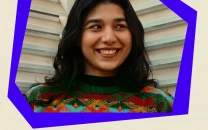
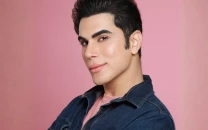
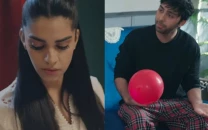
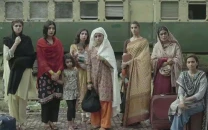
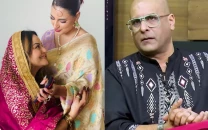
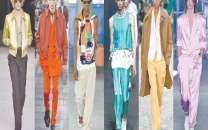




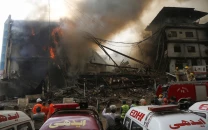
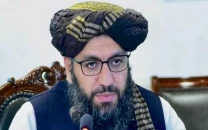


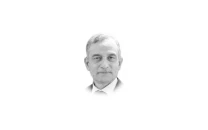




COMMENTS
Comments are moderated and generally will be posted if they are on-topic and not abusive.
For more information, please see our Comments FAQ